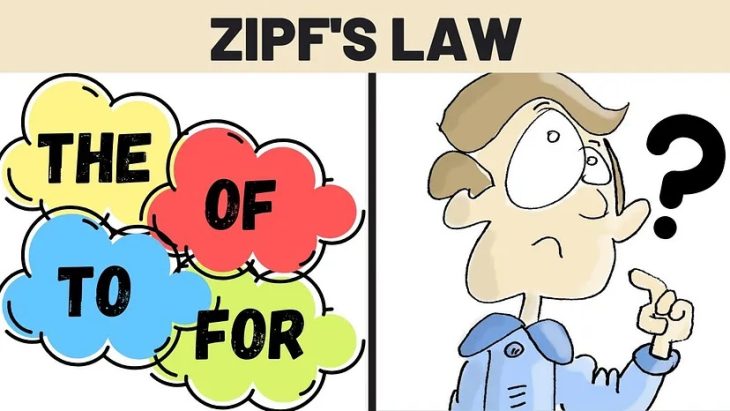
Word of the Day: Buttonhole
Today’s word of the day, courtesy of Dictionary.com, is buttonhole. Buttonhole can be either a noun or a verb. As a noun, it refers to the hole through which a button is pushed, though in British English it can also refer to a boutonniere, or in medicine to a small incision made by a surgeon. As a verb, it can mean to make buttonholes in something, or to sew something with a buttonhole stitch. But it can also mean “to abruptly detain someone in conversation” (https://www.dictionary.com/e/word-of-the-day/), according to the website. But according to the Dictionary.com app, that verb form is defined as “hold by the buttonhole or otherwise abruptly detain (someone) in conversation.” But the etymology gives us a different sense.
The word first appears in English in the “1560s, ‘hole or loop in which a button is caught,’ from button (n.) + hole (n.). The verb, also buttonhole, meaning ‘to detain (someone) in conversation against his will’ (1862) was earlier button-hold (1834), from button-holder (1806, in this sense). The image is of holding someone by the coat-button so as to detain him” (https://www.etymonline.com/word/button-hole#etymonline_v_27540).
So what happened. There is often a relationship between spelling and pronunciation. We sometimes, but not often, change the spelling of a word to reflect the pronunciation. In Modern English, spelling is actually quite conservative while pronunciation is less so. Sometimes pronunciation is changed in order to reflect the spelling, as in often, in which the t used to be silent, but more and more is not silent because of the spelling, though a similar change in pronunciation has not occurred with soften, listen, or hasten. But sometimes people spell words to reflect the way they are pronounced. Common examples are ”suppose to” and “use to,” which ought to be “supposed to” and “used to.” But when we say those words, we drop the /d/ sound because the next word starts with a /t/ sound. And many people then drop the d from the spelling.
But the end final /d/ sound of words is often dropped, even when the word that follows does not start with a /d/ or /t/ sound. The motivation in this is described by Zipf’s Law, or Zipf’s Principle of Least Effort.
George Kingsley Zipf was a Harvard linguist who proposed the theory of least effort in uman Behavior and the Principle of Least Effort (1949). I have never read Zipf’s book, but here is a very brief explanation of the theory:
“One explanation for linguistic change is the principle of least effort. According to this principle, language changes because speakers are ‘sloppy’ and simplify their speech in various ways. Accordingly, abbreviated forms like math for mathematics and plane for airplane arise. Going to becomes gonna because the latter has two fewer phonemes to articulate. . . . On the morphological level, speakers use showed instead of shown as the past participle of show so that they will have one less irregular verb form to remember.
“The principle of least effort is an adequate explanation for many isolated changes, such as the reduction of God be with you to good-bye, and it probably plays an important role in most systemic changes, such as the loss of inflections in English.”
(C.M. Millward, A Biography of the English Language, 2nd ed. Harcourt Brace, 1996)
I found this here: https://www.thoughtco.com/principle-of-least-effort-zipfs-law-1691104.
One of my favorite examples of how the principle of least effort leads to language change is the name of my hometown. I’m from Bethlehem, PA, but it is not pronounced /ˈbɛθ lɪˌhɛm/. It is pronounced /ˈbɛ θləm/ (or “beh thlum”). Generally, in English vowels in unstressed syllables tend toward schwa (ə), the vowel sound that is also the sound of a vocalized pause (uh). And in multisyllabic words, that unstressed schwa will sometimes disappear altogether. So the middle vowel in Bethlehem disappeared, and the vowel in the third syllable became a schwa. In the thirteenth century, a hospital was founded that eventually became a hospital for people with mental problems. It was called “Hospital of Saint Mary of Bethlehem.” Eventually, it became Bethlehem hospital, with the sound changes we just looked at, and in pronounciation).
There are quite a few names that have been altered in pronunciation because of the principle of least effort. For instance, there is a cathedral city in England named Worcester, but it is pronounced /ˈwʊstər/ or woo ster. Another city in England, in the East Midlands, is Leicester, but that is pronounced /ˈlɛstər/ or les ter. In the USA, we have Louisville, pronounced /ˈlʊvəl/ or loo vəl.
Zipf’s Principle of Least Effort might sound like, “People are just lazy.” Part of it is, perhaps, laziness, but in our daily conversations, we like to save not only effort but also time. The contemporary equivalent is the abbreviations we use in texting, though the origin of such abbreviations is the historical fact that we paid per character (now we all have “unlimited texting”).
So it should come as no surprise that the practice of grabbing someone’s button in order to stop them for a conversation became grabbing the buttonhole, which has got to be much more difficult despite Zipf’s Law.
Today’s image is from an article entitled “How Zipf’s Law Can Help You Understand the World Around You” by Christine Ling (https://bootcamp.uxdesign.cc/how-zipfs-law-can-help-you-understand-the-world-around-you-b6e34c64e9d5). Zipf’s Law was, originally, related to the frequency of word use. Zipf found that we restrict our vocabulary in conversation to minimize our own effort as well as the effort of our listeners. Ying writes, “Zipf’s law has been observed in a wide range of domains, but there is not yet one general explanation for its wide applicability.” Interesting piece. Read it, and then you can buttonhole your friends to tell them about it.